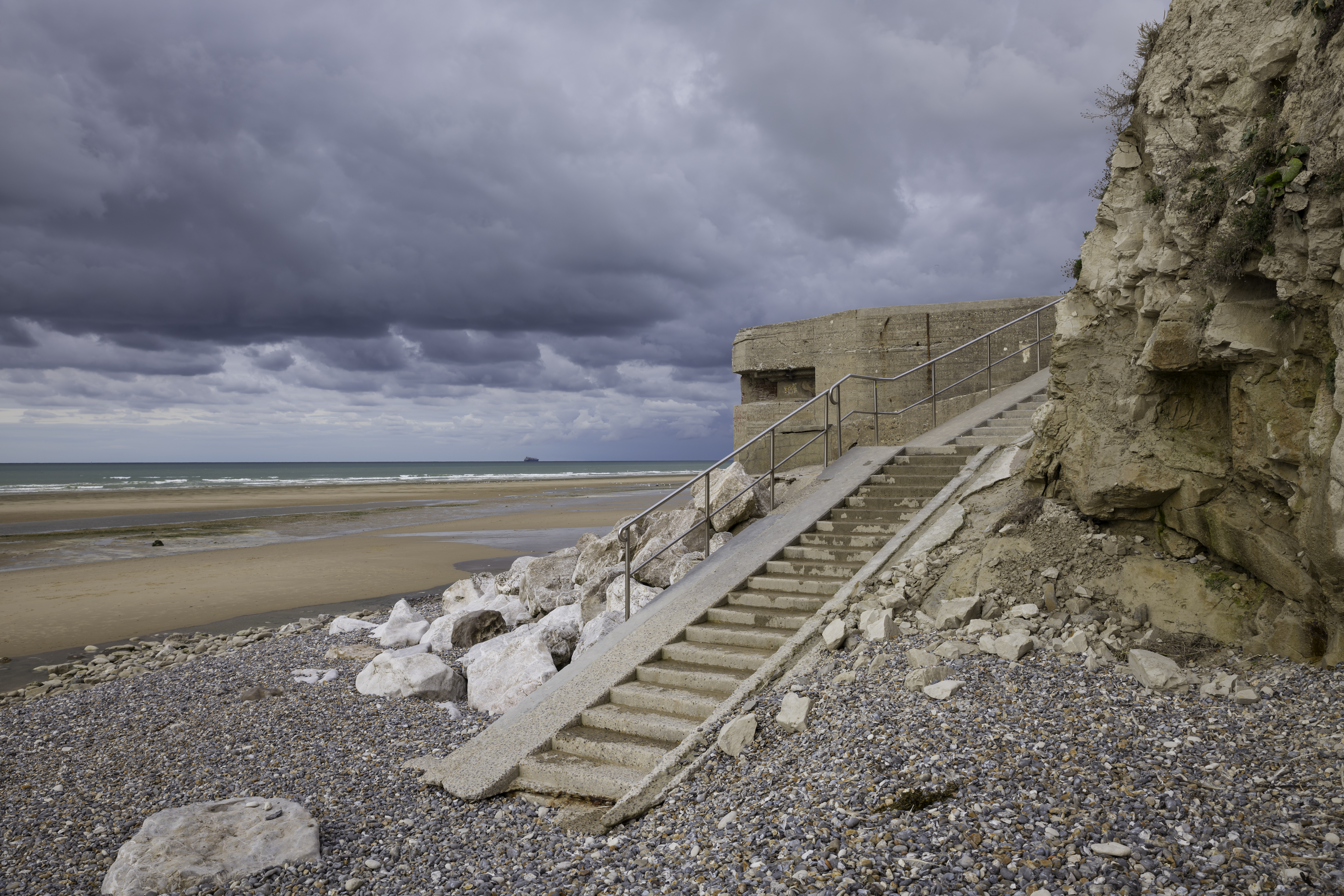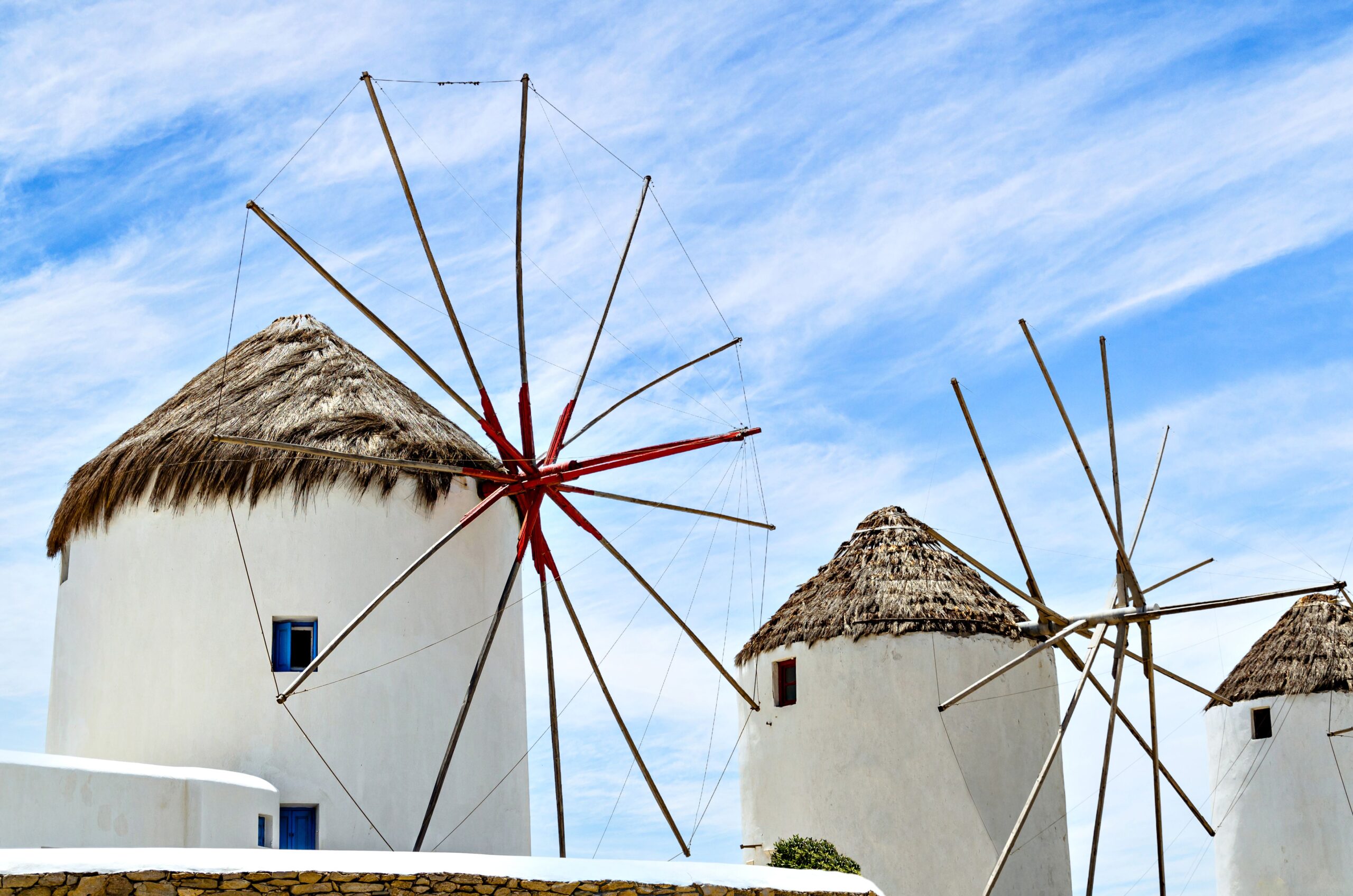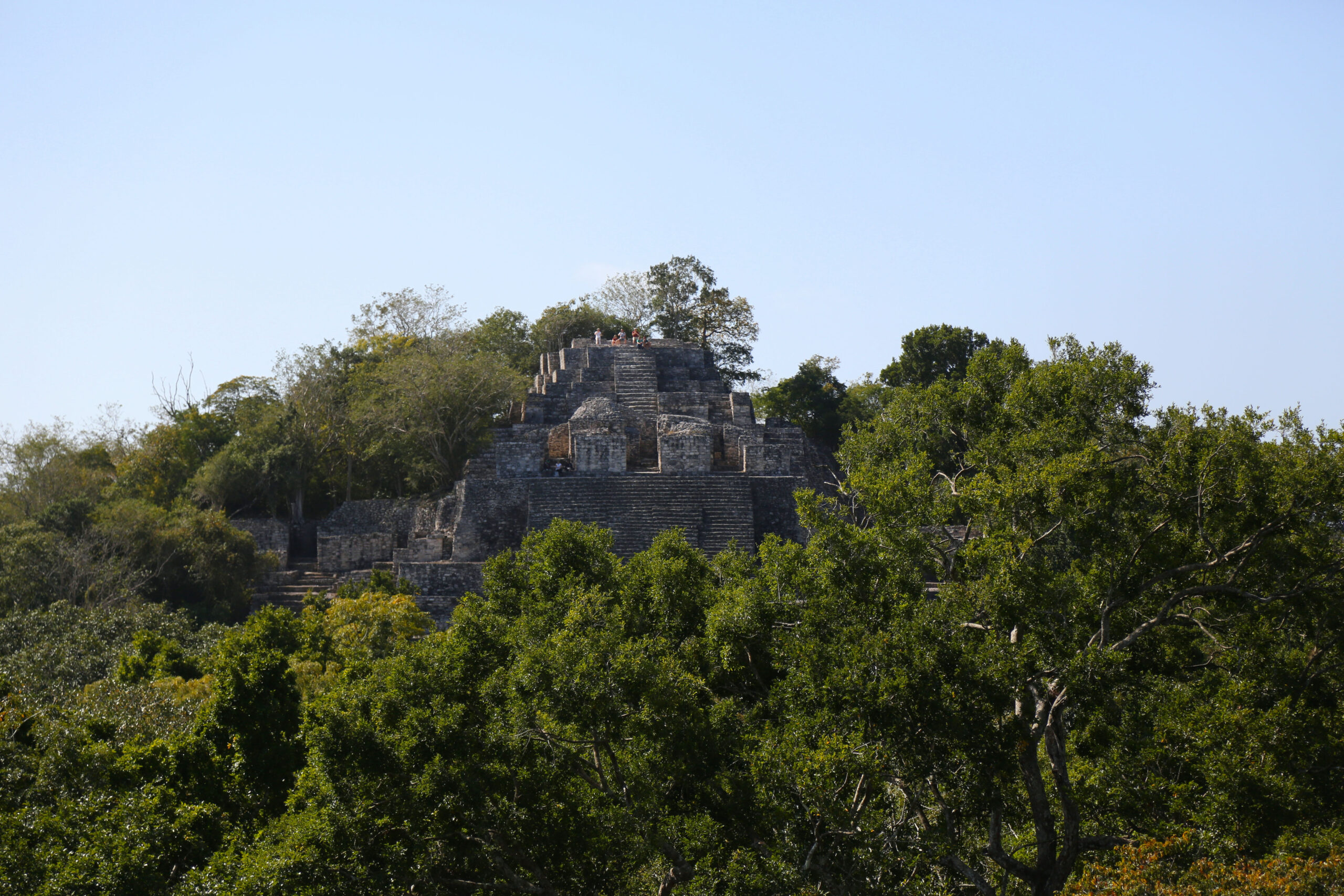On June 6, 1944, the Allied forces launched one of the most significant military operations in history: D-Day. This monumental event marked the beginning of the end of World War II, as Allied troops stormed the beaches of Normandy, France, to liberate Europe from Nazi occupation. Among the five designated landing areas—Utah, Omaha, Gold, Juno, and Sword—Omaha Beach remains one of the most iconic and blood-soaked battlegrounds of the operation.
The name “Omaha Beach” was derived from the Allies’ code-naming system, which assigned American landing sites names of U.S. cities, and British and Canadian landing sites names of fish and birds. Omaha Beach, alongside Utah Beach, was assigned to the American forces. The origin of the name “Omaha” is traced back to the city of Omaha, Nebraska. The code name was chosen for its simplicity and ease of recognition over radio communications.
Omaha Beach spans approximately five miles along the Normandy coast, stretching from Sainte-Honorine-des-Pertes to Vierville-sur-Mer. The terrain posed significant challenges: high cliffs, heavily fortified German defenses, and rough seas. The beach was a critical point of entry for the Allies, intended to secure a foothold and facilitate the advance into occupied France.
The assault on Omaha Beach was one of the most harrowing and fiercely contested landings. The U.S. 1st and 29th Infantry Divisions faced intense machine gun fire, artillery barrages, and a landscape strewn with obstacles. Despite immense casualties and chaotic conditions, the bravery and tenacity of the troops eventually led to a hard-won victory.
Today, Omaha Beach stands as a solemn testament to the courage and sacrifice of those who fought there. The Normandy American Cemetery, overlooking the beach, honors the fallen and ensures that the legacy of D-Day endures for future generations. The name “Omaha Beach” has since become synonymous with the valor and determination that shaped the course of history on that fateful day.




